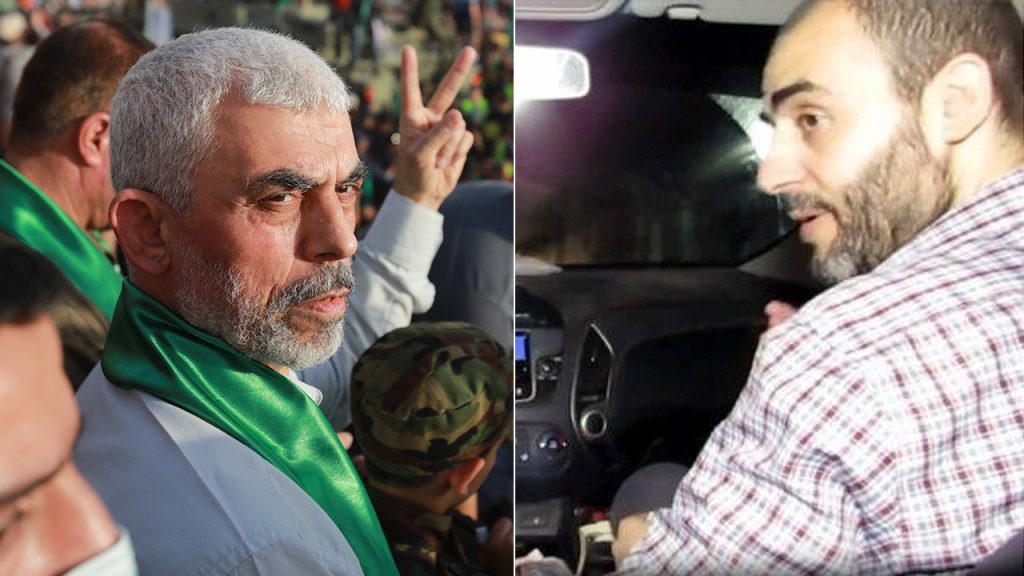Israeli officials believe that Mohammed Sinwar, the younger brother of former Hamas leader Yahya Sinwar who was killed on Wednesday, may be next in line to lead the terrorist organization, according to reports from multiple Israeli media outlets. Born in 1975 in a refugee camp, Mohammed Sinwar has been involved with Hamas since childhood, forming close ties with top officials and gaining operational experience. He is believed to be even more ruthless than his brother and has been directly involved in torturous interrogations and deaths of Palestinians to gain knowledge of Israeli security operations.
While concerns are raised over the potential leadership of Mohammed Sinwar, U.S. Secretary of Defense Lloyd Austin sees the death of Yahya Sinwar as an opportunity to achieve a lasting ceasefire. However, Hamas has stated that hostages in Gaza will not be released until Israel halts its offensive. Israeli reports suggest that the threat from Hamas will not be eliminated until the organization’s hierarchical structure is dismantled. Despite the expected leadership change, top officials like Khalil Al-Hayya and Khaled Meshaal continue to pose a threat and play key roles in the terrorist organization.
In addition to Mohammed Sinwar, other top Hamas officials are being considered for leadership positions following the death of Yahya Sinwar. Khalil Al-Hayya, who was Yahya Sinwar’s deputy and involved in ceasefire talks between Hamas and Israel, remains a major player in the organization. Khaled Meshaal, who led Hamas between 2004 and 2017, is also potentially under consideration for the top job, despite opposition from the oldest Sinwar brother. Mahmoud al-Zahar, a senior Hamas official and founder of the group, is also being assessed as a possible leader, while Mohammad Shabana remains a veteran commander with a significant role in developing tunnels used for attacks on Israel.
Overall, the death of Yahya Sinwar has raised questions about the future leadership of Hamas and the ongoing threat posed by the organization. While Mohammed Sinwar is expected to take over as the next leader, other top officials within Hamas continue to play key roles and pose challenges for Israeli security forces. The potential for a lasting ceasefire remains uncertain, as Hamas demands concessions in exchange for hostages and Israeli reports suggest that the hierarchical structure of the organization must be dismantled to effectively eliminate the threat posed by the group.













